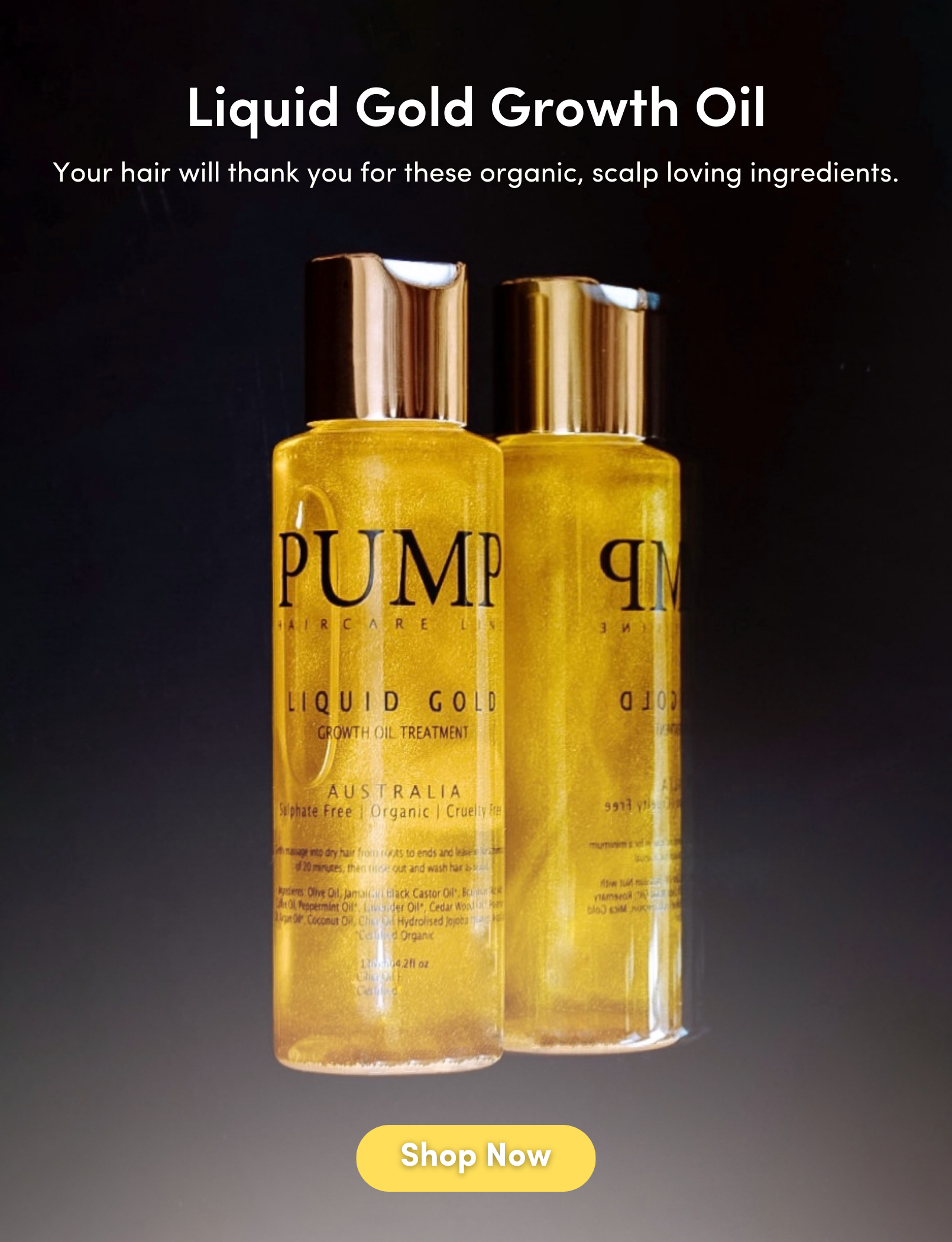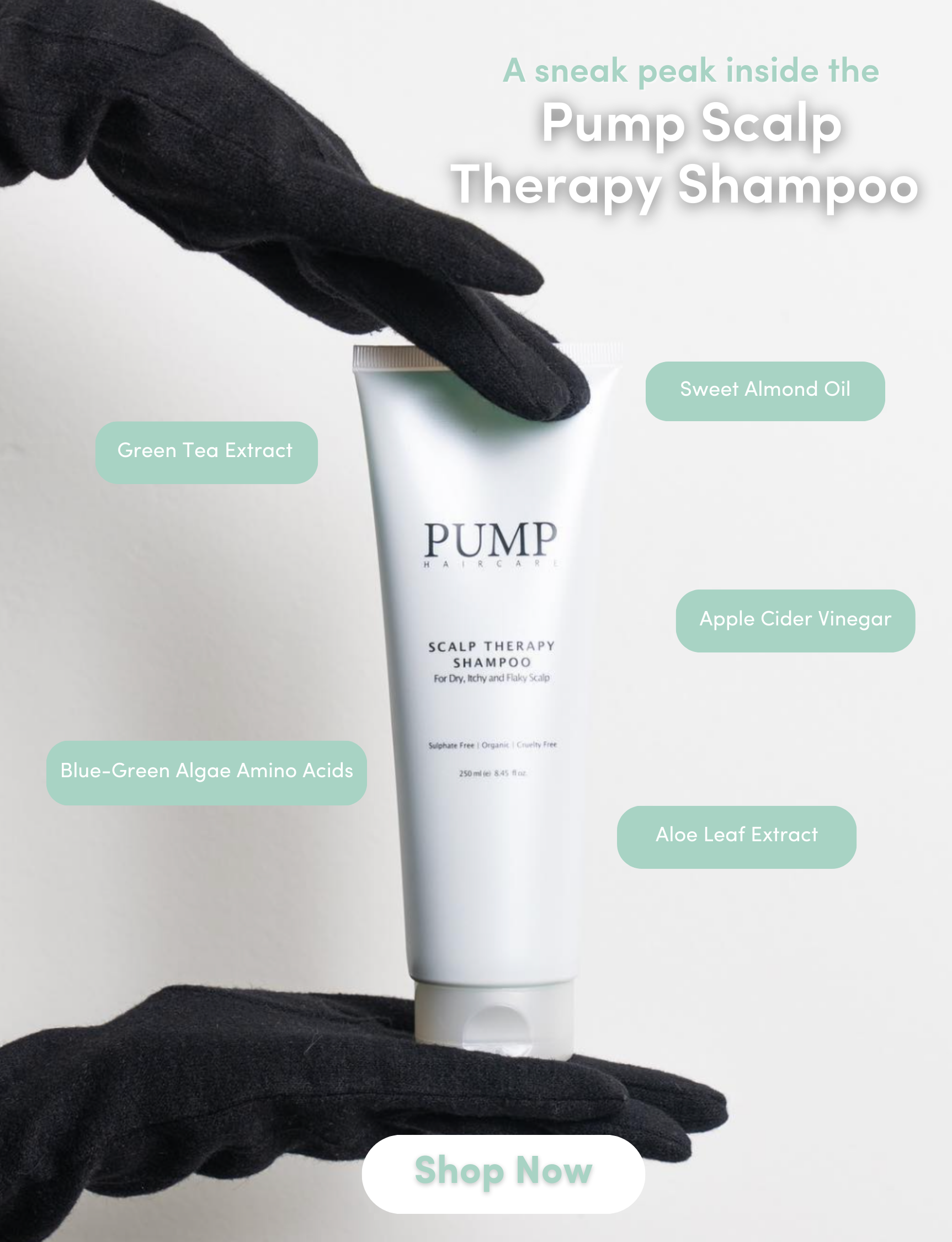Scalp oiling is a common hair care practice to bring nourishment and moisture back into the scalp. When contemplating scalp oiling to treat dandruff, it is essential to take into account several key factors. These factors include how your scalp might respond, the choice of oils, and the correct application, all of which influence the outcomes you can expect to see. In this blog, we delve into what dandruff is, how oiling can benefit, the recommended anti-dandruff oils and the potential drawbacks.
What is Dandruff and What Causes It?
What Is It:
Dandruff is characterised by small yellow to white flakes shredding from the scalp causing the scalp to feel itchy and irritated. It is caused by an overgrowth of a fungus called Malassezia yeast, a microorganism naturally occurring on the skin. However, when these fungi are out of balance, it can lead to dandruff. They feed on naturally occurring oils produced in the scalp as they break them down into fatty acids, ultimately triggering flaking and irritation. Seborrheic dermatitis is a more extreme form of dandruff and requires medical attention. If you are having trouble identifying whether you are suffering from a dry scalp or dandruff, check out our blog where we break down how to identify and manage both conditions.
What Causes It:
Dandruff develops due to a variety of factors. Infrequent shampooing or using harsh, drying hair care products are common culprits. Exposure to cold, dry weather can also exacerbate the issue. Additionally, high levels of stress and poor diet are contributing factors. This is due to the fact that stress and insufficient nutrients can cause hormonal changes, increasing the risk of dandruff.
Does Oiling the Scalp Help Prevent and Manage Dandruff?
Whilst oiling the scalp is a common practice in hair care for providing moisture and nutrients back into the scalp, treating dandruff is a complex issue that requires careful consideration. Here are the pros and cons of oiling the scalp to treat dandruff:
Pros of Oiling the Scalp:
As a key characteristic of dandruff is a dry itchy scalp, oiling the scalp can bring moisture back, making it less itchy and flakey. Certain natural oils such as tea tree oil and neem oil have anti-fungal and anti-inflammatory properties that can help reduce the amount of Malassezia yeast, combating the root cause of dandruff.
Cons of Oiling the Scalp:
Although oiling the scalp can help soothe an itchy scalp, using too much or not efficiently washing it out can exacerbate the issue as it can clog your pores. However, everyone’s scalp reacts differently and the underlying cause of dandruff can vary so it is best to use oils sparingly to begin and increase the frequency as needed.
Benefits of Using Hair Oils
Using a hair oil can help soothe an itchy, dry scalp as well as strengthen the hair shaft by forming a barrier. This helps to reduce frizz and improve your hair texture by deeply conditioning your hair follicles. Hair oils such as castor oil are also known to increase hair growth. Further, hair oils can protect against UV radiation and act as a heat protectant against heat styling tools.
Best Oils for Dandruff
When determining what hair oil is good for dandruff, it's important to choose one with antifungal and anti-inflammatory properties to not exacerbate the issue. Pure, natural oils are best as they do not contain any additives. Again, bear in mind that using these oils sparingly is the best approach as excessive oiling can clog your pores and worsen the condition. Here are the top anti-dandruff hair oils you can use:
1. Tea Tree Oil:
Tea tree oil is high in antifungal properties which is known to help balance Malassezia yeast production; however it can be quite harsh and drying so be sure to mix it with another carrier oil such as coconut oil or jojoba oil.
2. Neem Oil:
Neem oil contains antibacterial and antifungal properties which help to soothe an itchy scalp. Similar to tea tree oil, it needs a carrier oil when applying it to your scalp.
3. Coconut Oil:
Coconut oil is deeply nourishing and moisturising for the scalp and helps lock in moisture.
4. Jojoba Oil:
Jojoba oil composition is similar to your natural sebum production, helping to balance oil production and soothe an itchy, dry scalp.
How to Oil your Scalp?
Here is a step-by-step guide to oiling your scalp:
Select the Right Oil:
Everyone’s scalp is different so it is important to choose one that addresses your specific needs.
Dilution:
As mentioned above, some oils such as tea tree oil need to be diluted in a carrier oil to ensure the oil isn't too heavily concentrated on your scalp.
Section and Apply the Oil Evenly:
Once you have properly diluted your selected oil, begin to section your hair and apply the oil evenly on your scalp; focusing on problem areas.
Massage Gently and Leave It On:
Using gentle circular motions, massage the oil into your scalp to stimulate blood circulation and evenly distribute the oil. Leave it on for 20-30 minutes before washing it out. It is not recommended to leave oil on your scalp overnight if you are suffering from dandruff.
Shampoo and Condition:
Rinse out the oil with lukewarm water, followed up by using a sulphate-free shampoo designed to soothe an itchy scalp, such as Pump’s scalp therapy shampoo, to remove any excess oils. Condition as normal.
Scalp Tonic (optional):
As an additional treatment after oiling, you can apply a scalp tonic that works to soothe and balance your scalp’s microorganisms. On towel-dried hair, evenly massage the tonic into your scalp and style as usual.













